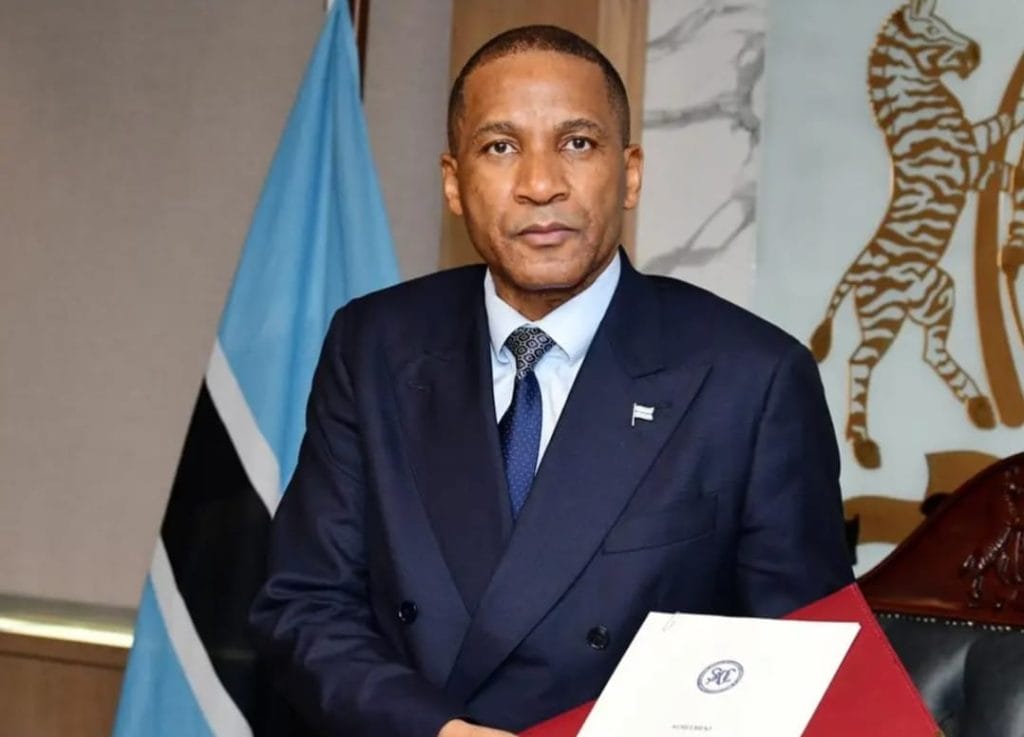Botswana’s President Duma Boko has signed an agreement to amend the Southern African Development Community (SADC) Treaty. This move advances efforts to establish the SADC Parliament as a formal institution within the regional bloc.
The signing, which took place on Wednesday, marks an important step toward strengthening legislative cooperation among SADC’s 16 member states. Speaking at the event, Boko described the decision as a political milestone. He urged member countries to align their laws to address regional challenges more effectively.
“This agreement reflects our commitment to deeper regional integration. We must harmonize our laws to tackle cross-border issues together,” Boko said.
Transforming the SADC Parliamentary Forum
The amendment aims to convert the SADC Parliamentary Forum, which has operated since 1997, into a fully empowered regional parliament. The forum has provided a platform for dialogue and governance oversight. However, the new arrangement would grant it legislative authority—once ratified by a majority of SADC nations.
Dithapelo Keorapetse, Speaker of Botswana’s National Assembly, highlighted the significance of this transition. He noted that the SADC Parliament will strengthen democratic governance and accountability across the region.
“The forum has promoted cooperation for decades. As a legislative institution, it will now be better equipped to influence policy and drive change,” Keorapetse said.
Regional Impact
SADC is an economic and political bloc that promotes stability and development in southern Africa. Its 16 member states include Angola, Botswana, the Comoros, the Democratic Republic of the Congo, Eswatini, Lesotho, Madagascar, Malawi, Mauritius, Mozambique, Namibia, Seychelles, South Africa, Tanzania, Zambia, and Zimbabwe.
The establishment of a regional parliament is expected to improve policymaking, enhance economic integration, and provide a stronger framework for addressing issues such as trade, security, and governance.
With Botswana leading the way, the focus now shifts to other SADC members. Their endorsements will determine how quickly the transition takes effect.



